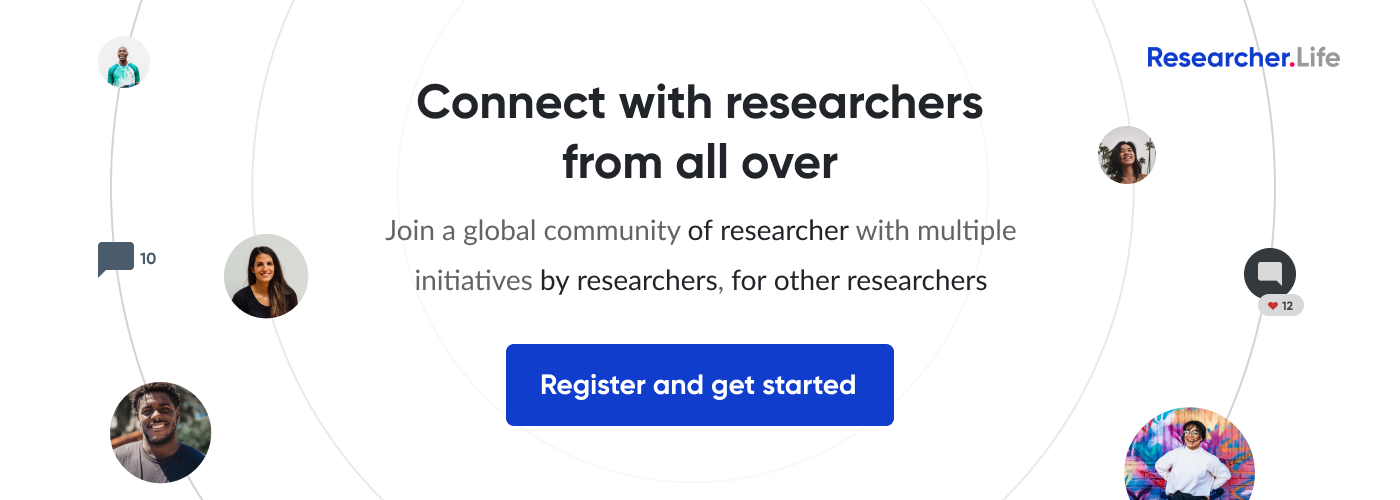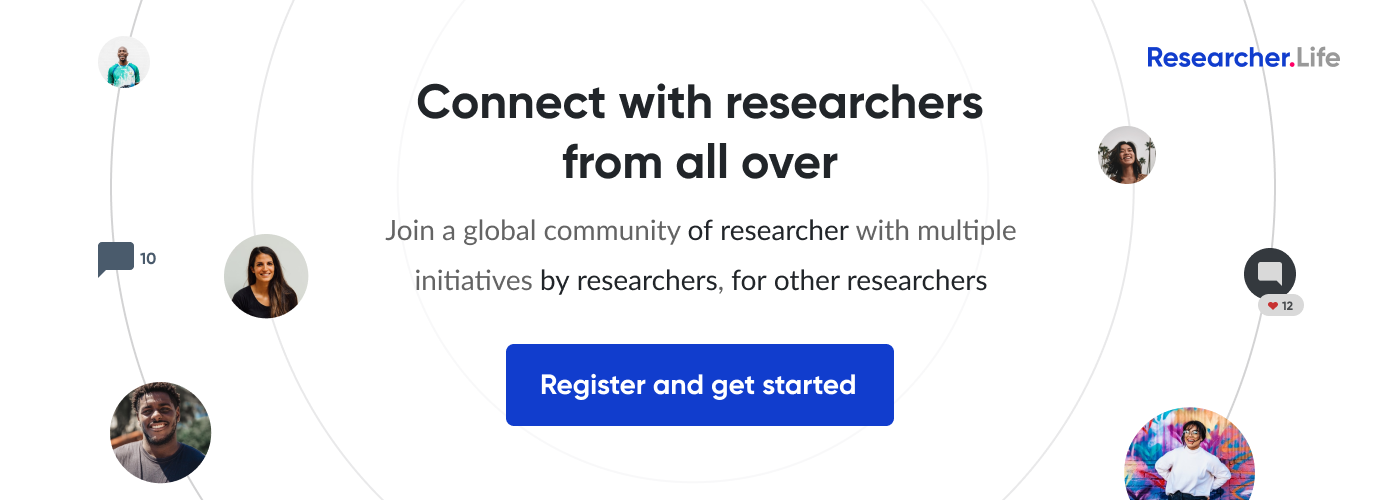Bullying in academia: Why it matters, and what you can do

When it comes to relationships with colleagues, we all occasionally have “one of those days.” A misunderstanding might turn into an argument, or a little error may end up with somebody getting reprimanded. It doesn’t feel good to be the target of negativity, but having some conflicts with colleagues is unavoidable, even in the best circumstances. However, there is a difference between an unpleasant and much-needed stern talk from someone at work and outright bullying and abuse. Bullying is something that everybody understands is bad, but it remains rife in many fields, including in medicine1, the military2, and primary or secondary education3. Likewise, research and academia have their own bullying issues that until recently have often gone unaddressed.
Academic bullying—common, but rarely discussed
From the outside, many would assume that a university laboratory or other place of research would be full of cool, rational heads who would know better than to bully their colleagues. Many of those on the inside will tell a different story. Surveys on academic bullying have revealed that the issue is prevalent4.
The Cactus Mental Health Survey 2020 enabled deeper understanding into the issues surrounding negative behaviors in academia. With over 13,000 respondents worldwide, it is one of biggest surveys to date addressing the occurrence of bullying and harassment in the academic workplace. Of the survey respondents, 37% reported having experienced harassment or bullying in the workplace in their careers. Similarly, 36% of respondents said that their institutions do not have strict guidelines to prevent bullying5.
Bullying in the workplace can take on many forms. While it can be overt, with examples such as name-calling, physical assaults, and singling somebody out for humiliation, bullying is more often covert. The unique environment and pressures of research result in particularly insidious forms of bullying that most people will be unaware of until they become the target of abuse.
Non-exhaustive list of some bullying behaviors that are particular to or common in academia
Behavior | Example |
Setting up for failure | Setting impossible deadlines, targets, and workloads, then using these missed targets as a pretext for abuse |
Forced misconduct | Compelling a subordinate to engage in academic misconduct and expecting them to take the fall if discovered |
Funding threats | Threatening to remove necessary funding if the target does not do as they are told |
Career sabotage | Denying somebody a promotion because of personal bias |
Physical sabotage | Interfering with experimental apparatus, forcing somebody to waste many hours and part of their budget to redo their experiments |
Authorship bullying | Using bullying to force somebody to give an authorship role on a paper |
Mobbing | Encouraging or using intimidation to get other members of the academic community to “gang up” and harass a target |
Overwork | Expecting a subordinate to work excessive hours and neglect other aspects of their life, questioning their commitment if they do not work “enough” |
Bullying in academia takes its toll
Overall, the majority of postdoctoral researchers and PhD candidates who participated in the Cactus Mental Health Survey indicated that they were unhappy with academic culture. Furthermore, the most common recommendation from participants on how work environments for researchers could be improved was to “implement measures to promote equality and prevent harassment, discrimination, and bullying.”6 This was a more popular recommendation than improving funding or remuneration.
Academic institutions often struggle to retain talent, and many leave for the industrial sector or other careers. Indeed, 64% of respondents in the Cactus Mental Health Survey said they would not hesitate to pursue career choices outside of academia. It is unclear to what extent bullying contributes to this willingness to leave, but hostile work environments likely do not help.
Inclusion and cross-cultural issues
Working in research and academia, you are more likely to be working with people of different nationalities and ethnicities than in most other careers. While working with people of other cultures can be rewarding, misunderstandings do happen, and differences in culture or ethnicity are apparently linked to academic bullying. The CACTUS survey indicated that the proportion of mixed-race or Latino respondents reporting experiences of bullying was higher than the proportion noted for the total respondent pool.
As well as issues relating to ethnicity and culture, gender-based harassment and bigotry towards the LGBT community are still widespread, with women and members of queer communities more likely to report that they are dissatisfied with institutional harassment policies.
How academic bullying can be tackled
Being bullied is not a pleasant experience. These feelings are made worse when the individuals being bullied have no recourse or support to help them through their difficulties. Sadly, 49% of respondents in the CACTUS survey said that they would not seek help from relevant people or authorities when under severe work stress. This sense of isolation can contribute to the overall stress.
It is vital for institutions to have unambiguous policies to handle abuse. Institutions can go a long way to make their stance on bullying clear and support those wronged by disseminating information on what constitutes academic bullying and providing them a safe space to speak up.
Moreover, individuals who are bullied can deal with academic bullies by confirming if any grievance policies are in place and contacting any independent regulatory oversight or HR managers to report incidents. The stress of reporting such incidents can take a toll on them, so having a support community and realistic expectations of the recourse are crucial.
Finally, while most of us are not bullies, it’s important to take stock of our own behaviors. What we think of as harmless banter or a funny gag can be extremely distressing for the one on the receiving end. Often, we do not know where the “line” is until we have crossed it.
It is time to stand up to academic bullying
A future without academic bullying is both possible and worthwhile. To help realize this, CACTUS recently launched a new global initiative—THINK Academia—to tackle bullying in research and academia. All individuals and institutions are encouraged to read and sign the pledge. Bullying stops when we all act.
References
- Major, A. To Bully and Be Bullied: Harassment and Mistreatment in Medical Education. AMA J. Ethics 16, 155–160 (2014).
- Stuart, J. & Szeszeran, N. Bullying in the Military: A Review of the Research on Predictors and Outcomes of Bullying Victimization and Perpetration. Mil. Behav. Health 9, 255–266 (2021).
- BBC NEWS | Education | Being bullied in the staffroom. http://news.bbc.co.uk/1/hi/education/6165338.stm.
- Keashly, L. Workplace Bullying, Mobbing and Harassment in Academe: Faculty Experience. in Special topics and particular occupations, professions and sectors (eds. D’Cruz, P., Noronha, E., Keashly, L. & Tye-Williams, S.) 1–77 (Springer, 2019). doi:10.1007/978-981-10-5154-8_13-1.
- Cactus Communications. Joy and stress triggers: A global survey on mental health among researchers. https://foundation.cactusglobal.com/mental-health-survey/cactus-mental-health-survey-report-2020.pdf (2020).
- Cactus Communications. How to foster a supportive research environment: A thematic analysis of open responses from the CACTUS Mental Health Survey 2020. https://foundation.cactusglobal.com/mental-health-survey/CACTUS-Mental-Health-Survey-2020-Followup-Report.pdf (2020).
Comments
You're looking to give wings to your academic career and publication journey. We like that!
Why don't we give you complete access! Create a free account and get unlimited access to all resources & a vibrant researcher community.














